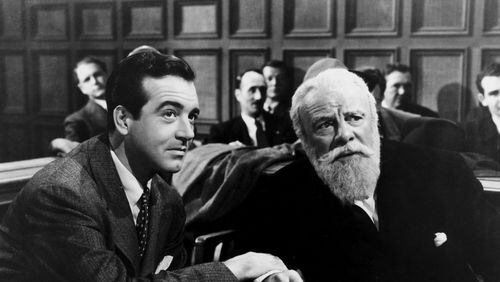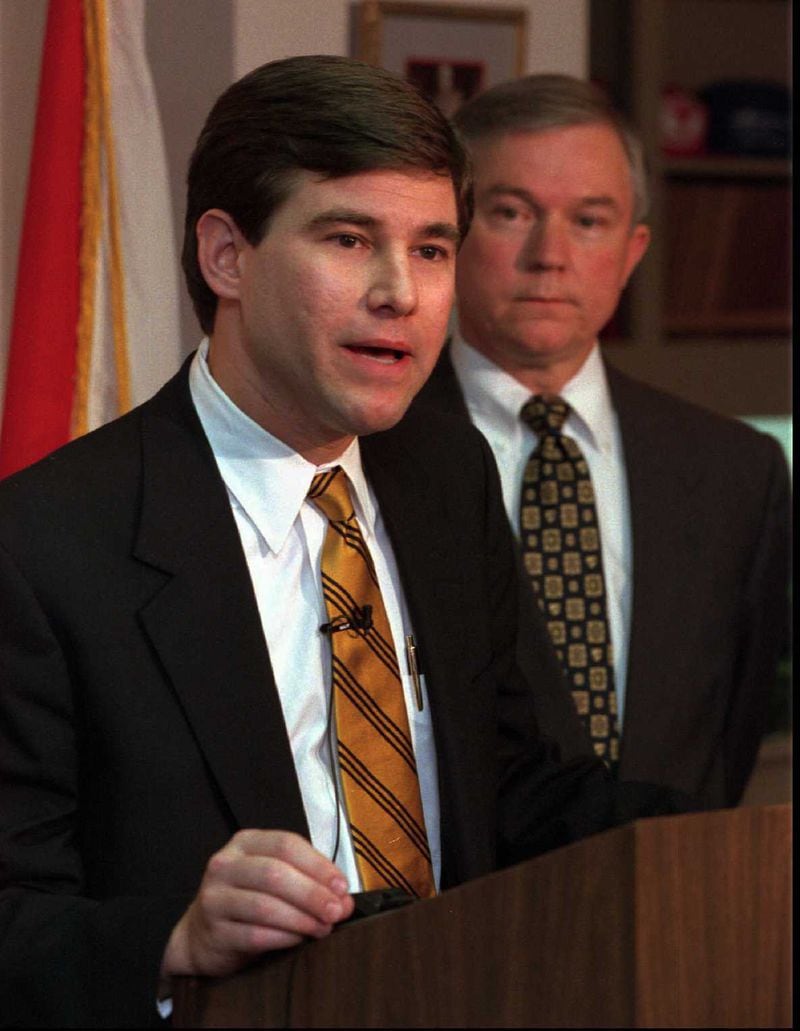Bill Pryor was in New York for the Thanksgiving holidays in 1998 when he finally figured out a way to explain to his oldest daughter what he did as a lawyer.
» Pryor hit from left and right in Supreme Court bid
It had been hard to explain that concept to a 7-year-old, Pryor told a Federalist Society gathering in Lake Buena Vista, Fla., early last year. So Pryor cut short his tourist activity one night and returned with his wife and two daughters to their hotel room so they could watch “Miracle on 34th Street” together.
Pryor said he particularly wanted his daughter to see the courtroom scene in which Kris Kringle tries to prove he’s Santa Claus.
Everyone who knows Kris Kringle will take the stand and say what they know about him and from that the judge will figure out he’s Santa Claus, Pryor told his daughter.
“How is the judge going to know they’re telling the truth?” his daughter asked.
Because all the witnesses will place their hands on the Bible and swear to tell the whole truth and nothing but the truth, her father replied.
His daughter then asked a question that caught Pryor off guard because, at that time, he’d never had a conversation with her about oral sex or anything like that.
“Didn’t the president do that?” she asked. This was in obvious reference to the evasive and misleading answers then-President Bill Clinton gave when questioned under oath about his relationship with intern Monica Lewinsky.
Pryor said his daughter then asked, “He didn’t tell the truth, did he?”
“No,” he answered.
When she then asked what would happen to Clinton for doing that, Pryor said he thought at the time, “Probably not anything.”
But in the ensuing years, Pryor said, he and his two daughters followed news stories about the sanctions against Clinton. This included the U.S. Supreme Court’s decision in 2001 suspending his right to practice law before the nation’s highest court.
Later, Pryor noted, he had the privilege of being able to argue a case before the U.S. Supreme Court. “And when I did,” he added, “I reminded my daughters that Bill Clinton couldn’t do that.”








